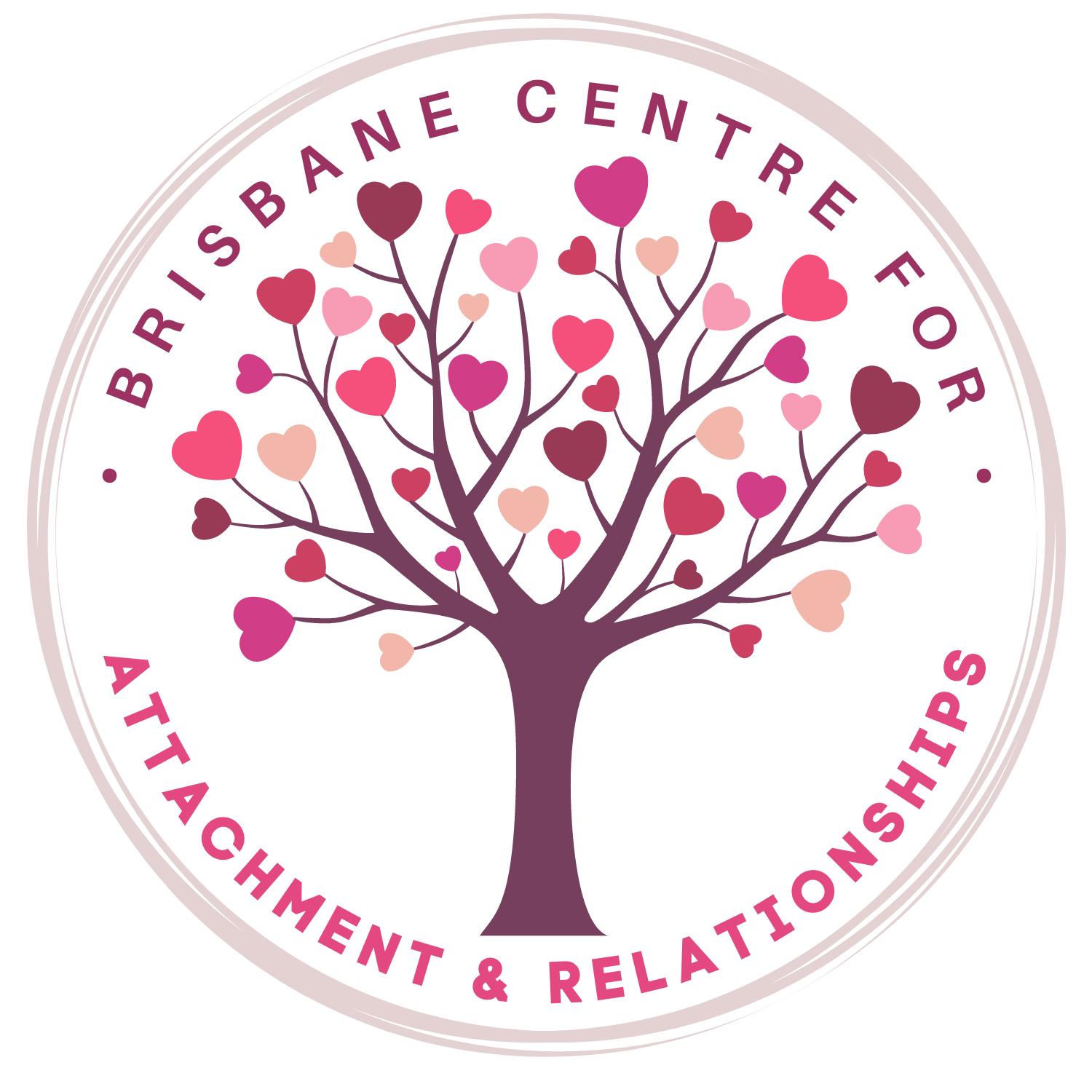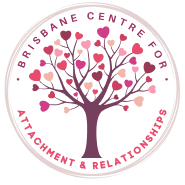Working with all relationships
Couple Therapy
Our couple and relationship therapists have all chosen to complete advanced training in Emotionally Focused Therapy for Couples (EFCT). They work with relationships of all types; monogomous couples, CNM relationships, polycules, and diverse relationships to create secure bonds.
Relationship Therapy
The principles of EFT are therapeutically useful for any relationship where people matter to each other. Our therapists are experienced in helping to improve the emotional connection in relationships such as friendships, siblings, co-parents, or ex-partners.
Family Therapy
Our therapists are trained in Emotionally Focused Family Therapy (EFFT). This allows them to work effectively with families in all stages of the lifespan; helping to shape secure connections between family members and to strengthen the family unit as a whole.
Treatment Approaches
EFT for Couples & Relationships
EFT is a “gold standard” model for relationship therapy that focuses on building security in the attachment bond between people who matter to each other. We help partners to identify and exit negative interactional patterns and to create security in their attachment bond. EFT works with emotion to shape moments of connection that restructure the attachment bond between partners and to create lasting change. EFT is all about going to heart of matter – the bond between loving partners – and building security in your attachment bond.
EFT for Families
EFT for families focuses on the family system and the interactional patterns between family members. It aims to strengthen connections between members and to create security within the larger family group. This can be effective in preventing escalation and resolving conflict, healing hurts and breeches of trust, promoting healthy communication, and in building strong family bonds.
We also provide practical parenting strategies where required to assist parents in managing and nurturing their children. With therapists trained in the Triple P – Positive Parenting Program, as well as attachment-based parenting approaches, we can provide practical tools and strategies to assist parents and their children and teens to navigate difficult adjustments and stressors.
Reach out to see one of our couple & family therapists
Contact UsEFT for Couples in a Page
This summary sheet provides information on EFT; what to expect from the therapy process and how it helps to improve relationships. There are also some tips for ensuring you get the most out of your EFT.

EFT for Families in a Page
This summary sheet provides information on EFIT; what to expect from the therapy process and how it helps to improve your connection with yourself and with others. There are also some tips for ensuring you get the most out of your EFIT sessions.

Process of Relationship Therapy
Step 1: Conjoint session
When commencing couple or relationship therapy, we ask our clients to complete some online confidential questionnaires before your first session. These questionnaires allow your therapist to gain a snapshot of your relational concerns. Then, there are some steps we go through to make sure that we select the most appropriate form of treatment for you and your relationship.
We initially meet with you and your partner together for an initial session, to hear from you about your goals for treatment and to gain an understanding of your concerns. At this session, we explain what happens in couple/relationship therapy so that you can see if this is something that you'd like to embark on. This initial session will also help you to see if you feel comfortable with your therapist. We also follow this process for families, opting to see the whole family together if possible at the initial session.
Step 2: Individual Sessions
The next part of our couple/relationship therapy process is for the therapist to see each partner for an individual session. This is important for gaining an understanding of all parties' needs and concerns. Sometimes, we see partners for an additional individual session or two during the therapy process, but this is generally kept even to ensure that the process is balanced and open. This process is also followed for families and allows us to gain a clear understanding about each person's particular needs and struggles. Individual sessions in the context of couples, relationship or family therapy have limits to confidentiality, which your therapist will discuss with you.
Step 3: Conjoint sessions
After seeing partners individually, your therapist will see you together again. This allows you to all clarify the therapy goals and to discuss the best course of treatment. If you all decide that couple/relationship therapy is a good option, you will then move into the EFCT process to exit unhelpful patterns of interaction and to build positive patterns that build security in your connection. For families, the process will be mapped out, identifying the dyadic work and whole-family work that will be embarked on throughout the EFFT process.



